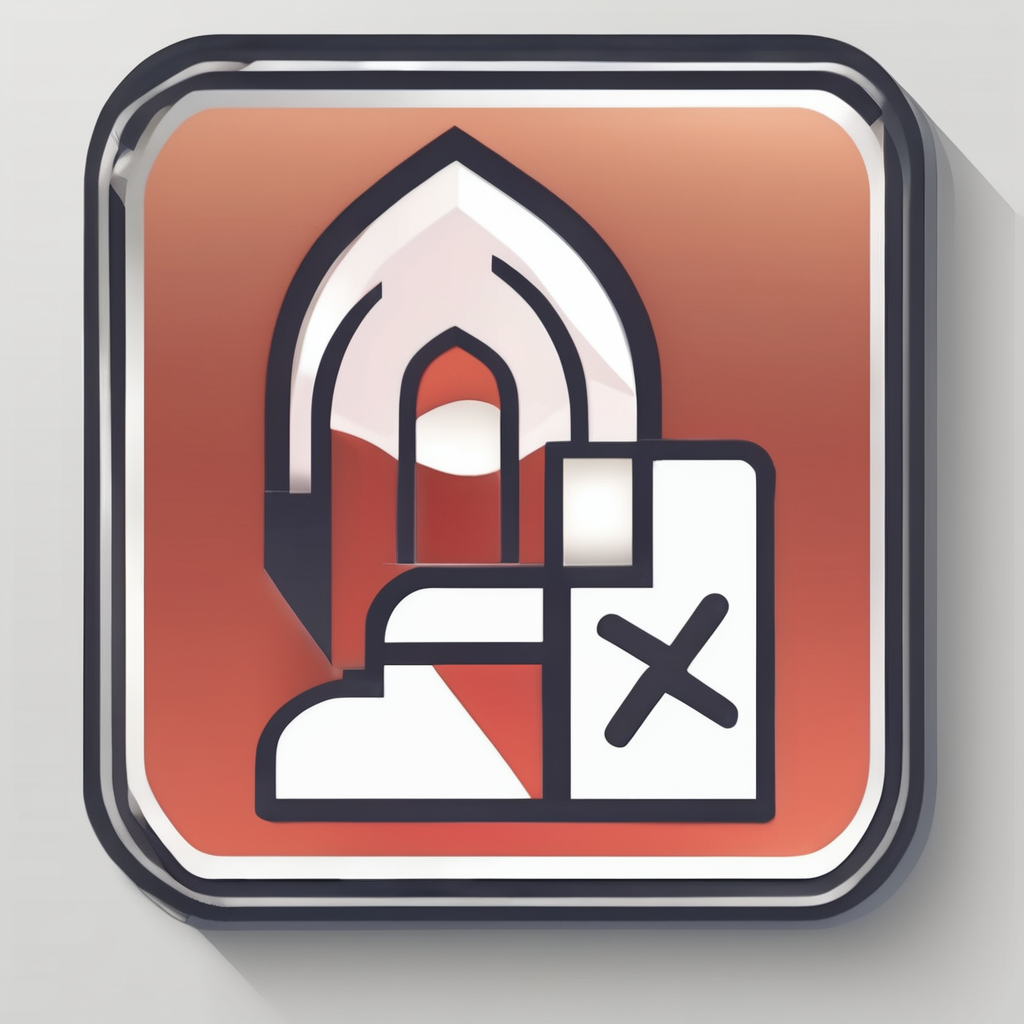Overview of Innovative Technologies in Property Management
In the rapidly evolving field of property management, innovative technologies are reshaping how operations are conducted, ensuring efficiency and enhanced tenant experiences. One significant trend is the incorporation of the Internet of Things (IoT), which allows physical objects within properties to communicate via the internet. This enables property managers to monitor building systems, such as HVAC or lighting, remotely and in real time, boosting maintenance efficiency and energy management.
Simultaneously, Artificial Intelligence (AI) is making strides in automating routine management tasks and improving decision-making processes. AI algorithms can analyze vast amounts of data from tenants and buildings, enabling predictive maintenance and tailored communication strategies. For instance, AI-driven chatbots offer 24/7 customer support, addressing tenant queries promptly.
Also to read : Discover your ideal home in spain with our real estate agency
Alongside IoT and AI, software solutions are revolutionizing property management practices. These platforms streamline administrative tasks, such as leasing, billing, and reporting, through integrated dashboards and automation. Property management software allows for seamless communication between managers, owners, and residents, enhancing overall service quality and operational transparency.
By embracing these innovative property management technologies, property managers can expect improved efficiency, reduced costs, and an enriched experience for tenants. As technology continues to advance, the potential benefits for managers and tenants alike are vast and promising.
Also to see : Creative Marketing Techniques to Boost Luxury Condo Sales in Downtown Manchester
Case Studies of Major UK Cities Implementing Technology in Property Management
In exploring Property Management Case Studies across the UK, you’ll find diverse examples of Technology Implementation across cities like London, Manchester, and Birmingham. Each city offers unique insights into how UK City Innovations are transforming the property landscape.
London: Smart Buildings and IoT Integration
London is at the forefront of integrating smart technology into buildings, enhancing both property management and tenant experience. Many buildings now incorporate IoT applications such as automated lighting and climate control. Leading companies like Siemens are spearheading these innovations, optimizing energy efficiency and operational control. Smart buildings not only improve living comfort but also streamline maintenance and reduce costs, raising the standard for urban accommodation.
Manchester: AI and Virtual Management Solutions
Manchester showcases a robust adoption of virtual management tools, primarily driven by AI. These tools offer landlords and tenants seamless interaction and efficient management processes. AI technologies like predictive maintenance notify managers of possible issues, providing timely solutions. Noteworthy applications include those from companies like AskPorter, which enhance tenant communication and service delivery.
Birmingham: Data-Driven Decision Making
Birmingham excels in utilizing data analytics for effective property management. This approach helps in predicting market trends and optimizing rental strategies. Challenges, such as data privacy, are being handled through stringent security protocols, ensuring that data-driven solutions remain robust and reliable. Data analysis presents a significant advantage, aligning management practices with tenant needs, and promoting an efficient operational model.
Benefits of Technology in Property Management
In the rapidly evolving world of property management, technology plays a crucial role in optimising operations. For property owners, the benefits are substantial. Enhanced efficiency through automated systems reduces manual tasks, leading to significant cost savings. This technology enables owners to oversee multiple properties seamlessly, ensuring operations run smoothly and efficiently.
Owner Advantages
One of the primary advantages for owners is the streamlined management processes. Through digital platforms and apps, owners can now access real-time data, track expenses, and manage maintenance requests with unparalleled ease. This not only saves time but allows for strategic decision-making based on accurate and timely information.
Tenant Benefits
Technology also greatly impacts tenants, enhancing their overall satisfaction and engagement. Digital tools facilitate easier communication channels, allowing tenants to report issues, pay rent, and receive updates effortlessly. For many tenants, the ability to manage these tasks online improves their living experience, fostering trust and convenience.
Streamlined Operations and Management Processes
With technology, property management becomes more organised. Automated systems handle routine tasks, reducing human errors and promoting efficiency. This operational shift not only benefits owners and tenants but also sets a new standard in property management, leveraging technology for improved service delivery and reliability.
Challenges Facing the Adoption of Innovative Technologies
The adoption of innovative technologies in property management comes with its own set of challenges. Property managers often encounter multiple adoption hurdles as they consider integrating new tools into their operations. Industry resistance can be a significant barrier, stemming largely from traditional practices deeply ingrained in the property management industry.
One of the most common barriers is the issue of data privacy and security. As technology evolves, ensuring the protection of sensitive data becomes increasingly complex. Many property managers worry about potential breaches that could expose confidential information, making them hesitant to fully embrace new technologies.
Another challenge is the resistance to change that traditional property management practices pose. These practices have been established over many decades, and pioneering new methods can create a reluctance to shift away from what is familiar and trusted. Overcoming this resistance necessitates a shift in mindset and a willingness to invest in training and education.
Additional adoption hurdles include the financial cost of implementing new systems and the time investment required to properly integrate them. Many property managers may find the initial outlay daunting, despite the long-term benefits like enhanced efficiency and cost savings that innovative technologies can provide. To alleviate these challenges, demonstrating tangible benefits and offering robust support systems can aid in smooth transitions.
Future Trends in Property Management Technology
As the future of property management continues to unfold, embracing emerging technologies is becoming increasingly pivotal. These advances are set to redefine operations, offering more efficient and transparent methods.
One of the most anticipated industry trends is the integration of blockchain technology. Its potential impact lies in enhancing security, reducing fraud, and simplifying transaction processes. By providing a secure, decentralised ledger, blockchain can streamline property transactions and document management, ensuring that all parties have access to consistent data.
Similarly, advancements in artificial intelligence (AI) are shaping the sector. AI has the capability to automate routine tasks, such as property maintenance requests and tenant communication, enabling property managers to focus on more complex issues. Predictive analytics, powered by AI, can also aid in forecasting market trends and tenant behaviour, enhancing decision-making processes.
Furthermore, the role of sustainability in future property management technologies is gaining traction. Innovations like smart building systems that optimise energy consumption are not only environmentally friendly but also cost-effective for property owners. As global awareness of climate change grows, sustainability will become a crucial consideration in technology adoption, influencing the design and management of properties for the foreseeable future.











